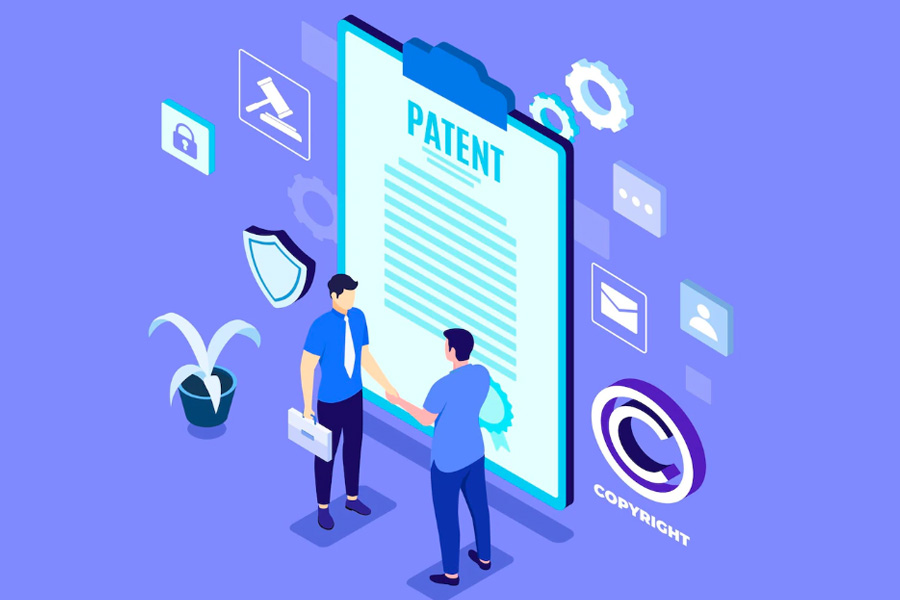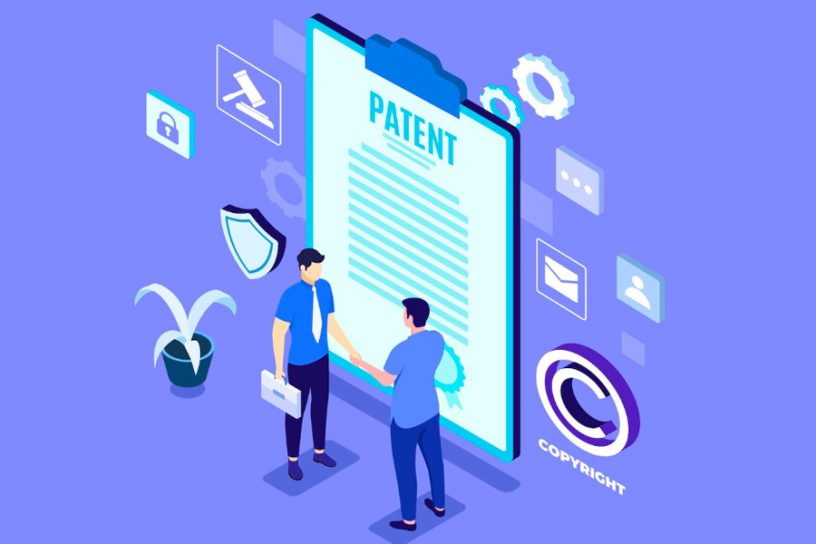
This paper addresses the effectiveness of the international agreement like TRIPS and Patent cooperation treaty and the usage of patented products in sports to enhance their performance.
Authors
Subhrajit Chanda, Assistant Professor, Jindal Global Law School, O.P. Jindal Global University, Sonipat, Haryana, India.
Shruti Sahni, Academic Tutor & TRIP Fellow, Jindal Global Law School, O.P. Jindal Global University, Sonipat, Haryana, India.
Yatish Pachauri, Assistant Professor, School of Law, JECRC University, Jaipur, Rajasthan, India.
Apoorva Tak, Assistant Professor, School of Law, Vivekanada Global University, Jaipur, Rajasthan, India.
Summary
Intellectual property is a tangible property which is protected from infringement by others till the longevity of that IPR. Intellectual property rights (IPR) are being defined as any creative ideas, new inventions, and creative expressions based on which certain rights are being provided to the actual owner and creator to bestow the status of property to reap the monetary benefits from it and also grant some license to others for arising more benefits.
With the development of technology, it’s being very easy to acquire any confidential information about any IPR application. IPR protection may give exclusive rights to the actual owner and also create a monopoly on that subject matter for a certain period.
Law of patent provide protection for new Inventions who fulfill the criterial of Novelty, Non-obviousness and Industrial application. This protection allowing him/her to include or exclude other person for using, selling the patented invention.
This paper also addresses the effectiveness of the international agreement like TRIPS and Patent cooperation treaty, also the usage of patented products in sports to enhance their performance. Those patented products not only create inequality among the players but also create unfair competition amongst them.
Published in: International Journal of Health Sciences
To read the full article, please click here.


